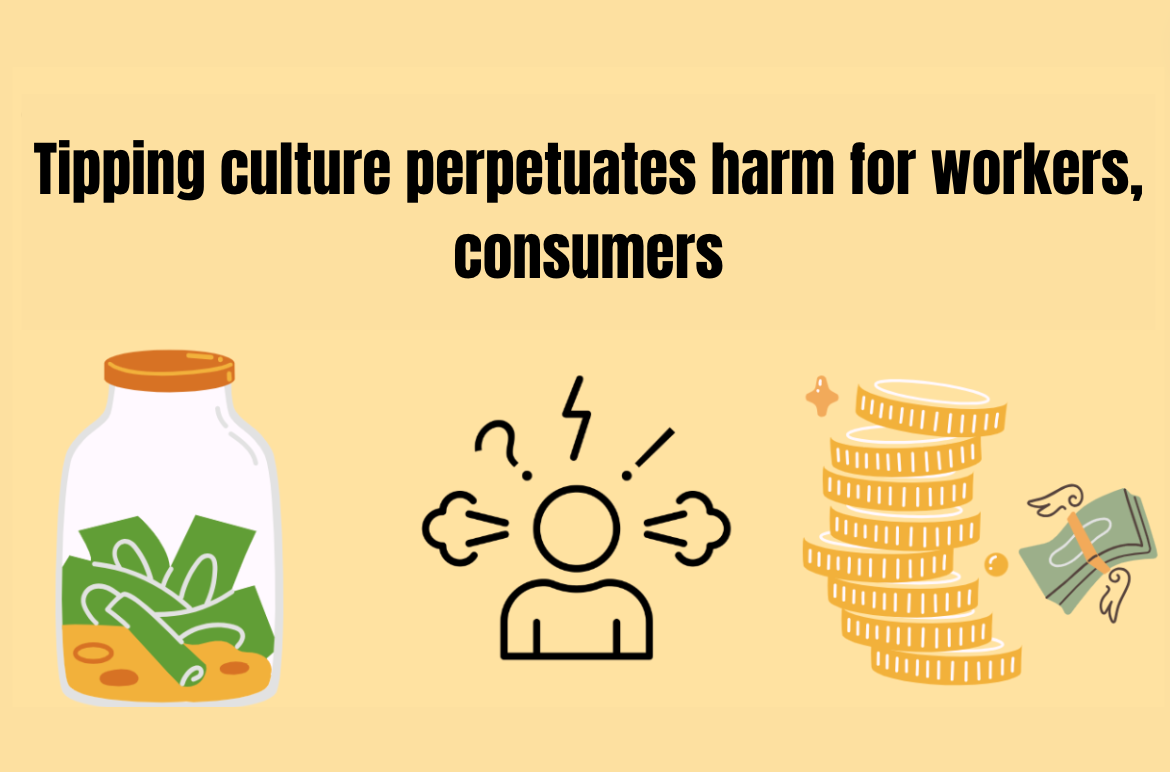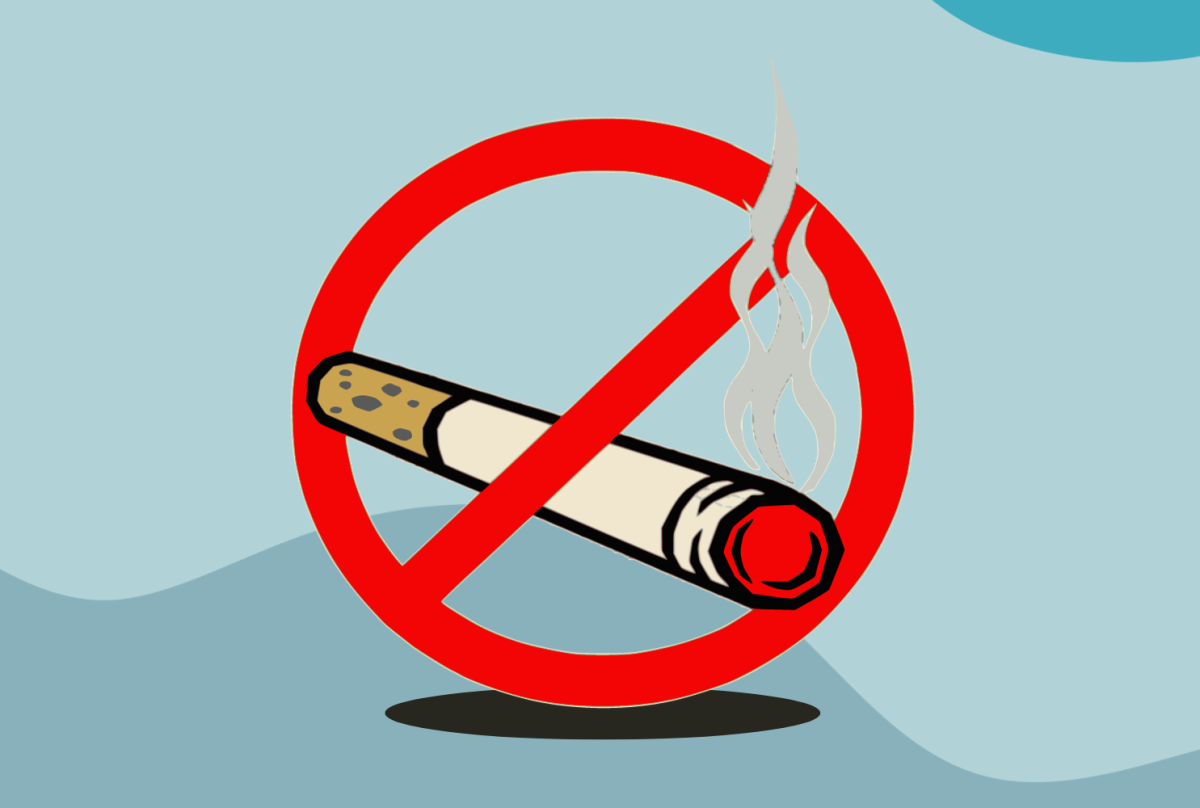SHAHID MAHDI
CULTURE EDITOR
We have a strictly academic alter-ego. It is the weary-eyed version of ourselves that highlights AP study books and drags our forlorn souls to school every morning, tearfully aware of the fact that we have more than one assessment awaiting us. But, because it’s so taxing – and strange – to look at ourselves from the third person, we’re never aware of this alter-ego as much as we ought to be.
When you see a senior in the hallways, you are looking at the glossy final product: The refined sculpture of the person he or she might’ve been as ninth grade classes begun, chiseled and hardened by the trials in the classroom, on the field or on a blank Microsoft Word document.
But how did they get to this point? Did they rely on pure, rote hard work to get there? Or was there some God-given “talent” that drove them to glory? Why is it that some people never really seemed to study hard or get stressed about their tests, yet consistently ranked at the top of the class? And why is it that people who did stay up all night with their phone switched off and their eyes glued to their review books never beat their “naturally selected” counterparts in the grade book?
If I was to standardize the amount of working hours, say, two hours per day, for every student in my grade over the past four years, would all of us receive the same grades on our assignments? No. Certain scholars may prefer to memorize material in a visual way (graphing, charting or otherwise), others may turn to flashcards and some are naturally “gifted” enough to internalize the lesson with the supposed photographic memory. So is it “unfair” that student X, who barely studied, receives a 98 percent on a test when student Y was on the verge of drowning in a sea of completed papers and only managed an 86 percent?
AP United States History is an intriguing model for the situation. Having taken the course in my junior year, I found that the actual content isn’t difficult to absorb. But the sheer volume of work including, but not limited to, countless essays and documents, forces everyone to toil away to the point of enriched exhaustion and gives the class a daunting feel. We all had the same workload and same rate of assessments per week, but the label of the “smartest kid in the room” was an unspoken consensus. The kid who always answered the teacher’s questions wasn’t necessarily the most intelligent – rather, he or she had just worked hard to spurt out the right answer. If an intelligent kid doesn’t answer the teacher’s questions correctly, does it strip away from his or her intelligence?
In search of the elusive answer to the El Dorado of scholastic questions, I consulted countless sources. Ranging from renowned psychologists’ articles to the meager lowly forums on college search websites, wherein driven teenagers under nonsensical pseudonyms sparred to find a statement they could all agree with.
One of the foremost experts in the field is the author Paul Tough, who projected two hypotheses in his book How Children Succeed. First is his “cognitive hypothesis” which reveals that children succeed based off “the kind of intelligence that is tested on I.Q. tests,[the ability] to calculate, [to] detect patterns.” The general consensus with this theory is that the more one practices these skills, the better he will become. Tough also propounds a new theory known as the “character hypothesis”: That “life skills”, so to speak, are what really give kids the advantage. Curiosity, self-confidence, grit and determination, he argues, are more essential than this seemingly naturally selected intelligence to succeed.
A New York Times column by David Z. Hambrick and Elizabeth J. Meinz, who are associate professors of psychology at Michigan State University and Southern Illinois University, respectively, proposes the complete opposite. In a piece titled “Sorry Strivers” published in the November 11, 2011 issue, the two reported an experiment in which 57 pianists carried out various tasks. They found that, although all the pianists had practiced the same amount, the ones with a higher memory capacity – a component of natural intelligence – performed significantly better on the tasks assigned. Although puzzles and logic problems may sharpen one’s cognitive function, they are not a surefire way to obtain a memory of higher capacity. Thus, techniques and methods to improve a person’s intellectual toolbox, are, for the most part, either artificial or only ever effective when done on a specific case-by-case basis. Hambrick and Meinz sum up their revelations with an almost apologetic statement: “Sometimes, the story of science – a.k.a. the one that prefers practice and hard work over this apparent, mythical inborn talent – isn’t the story we want to hear.”
Of course, keep in mind that these are just two of the hundreds of theories being thrown out there. The point, as with all El Dorado questions, is merely to raise awareness with regards to how we learn and who really has the sacred “edge” in a heated environment, such as ours at ASL. Rationalizing what makes students different, rather than just being confused or in awe about their academic inclination, is key to understanding learning methods for generations to come. It’s a matter of when, not if, more questions about this eternal battle will rise. If we begin asking them now, we’ll all leave that much smarter.






